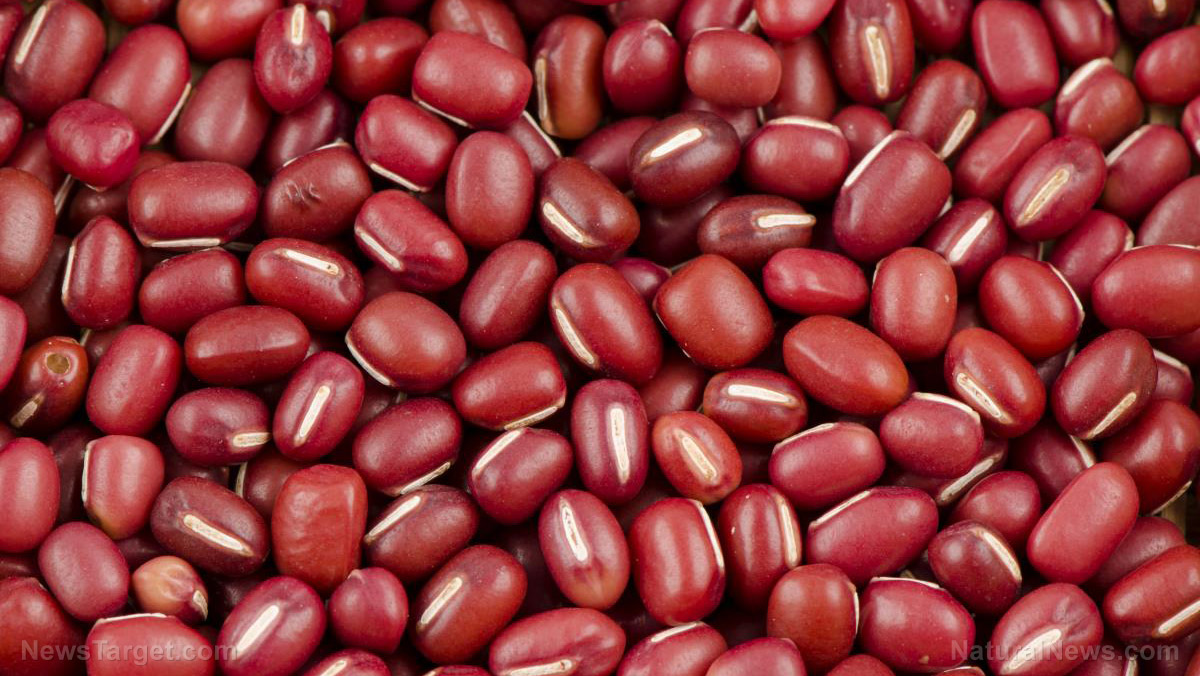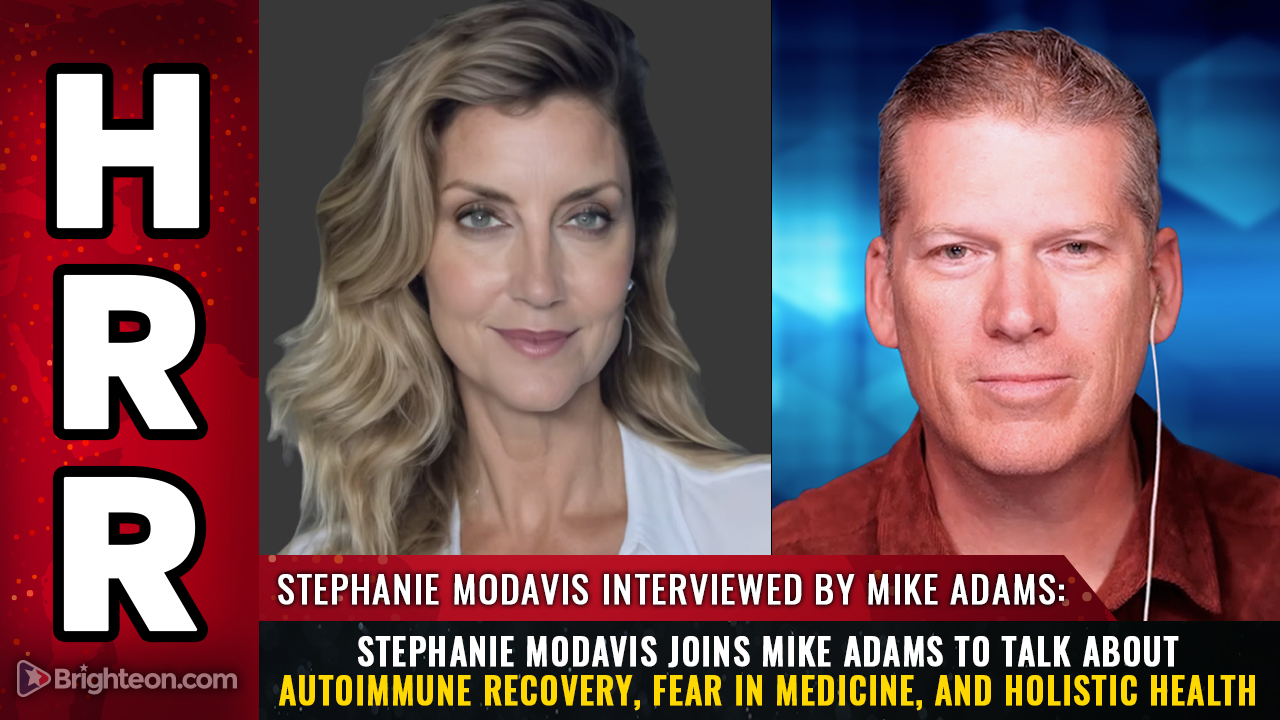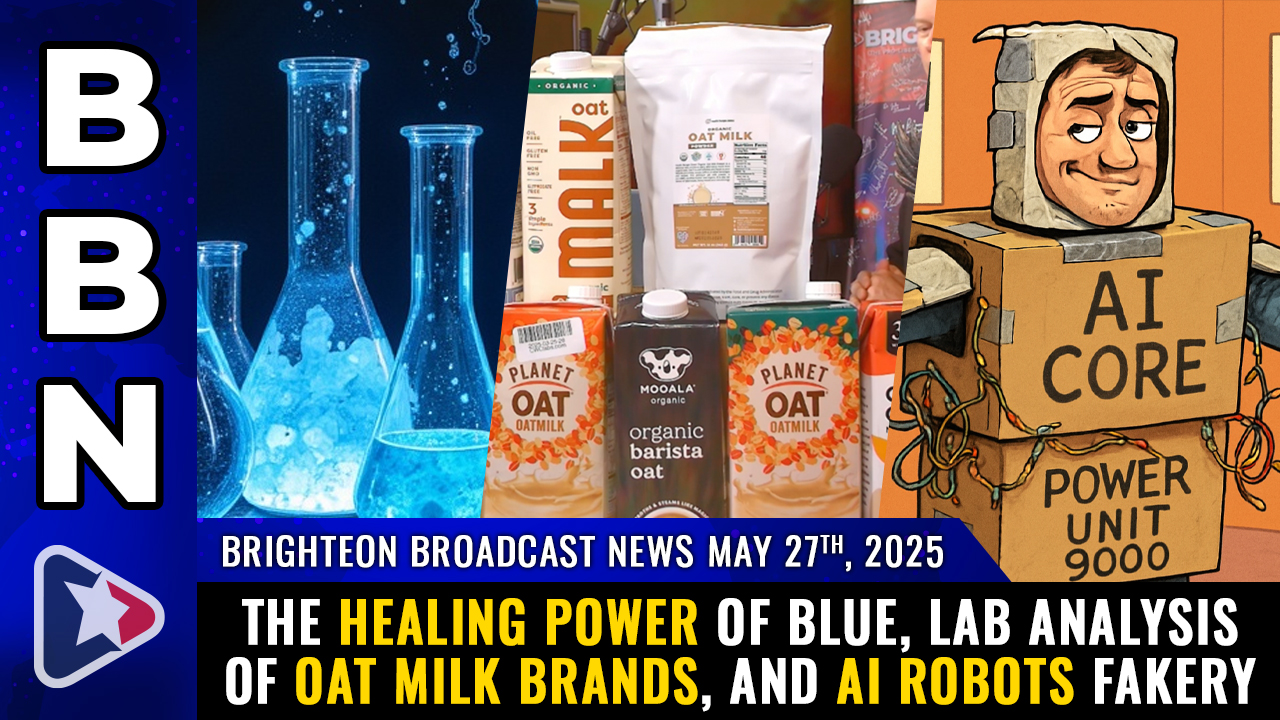Carey Gillam’s “Whitewash” reveals corporate deception, regulatory failure and the dangers of glyphosate
05/24/2025 / By Ramon Tomey

- Carey Gillam’s investigative work in the 2017 book “Whitewash: The Story of a Weed Killer, Cancer, and the Corruption of Science” exposes how Monsanto’s glyphosate (Roundup) was marketed as safe despite evidence linking it to cancer (e.g., non-Hodgkin lymphoma), organ damage and gut microbiome harm. The WHO’s IARC classified it as a probable carcinogen in 2015.
- Monsanto allegedly manipulated research, ghostwrote studies and pressured regulators to downplay risks. Internal documents reveal efforts to discredit independent science, like the Seralini study on glyphosate’s tumor-causing effects.
- Widespread use of glyphosate on GMO “Roundup Ready” crops led to resistant “superweeds,” escalating chemical dependency and ecological harm.
- Cases like farmer Jack McCall’s death and thousands of lawsuits highlight the consequences of corporate negligence, with plaintiffs accusing Monsanto of hiding Roundup’s dangers.
- Gillam’s book urges support for organic farming, stricter regulations and independent research to counter corporate influence. She underscores the need for systemic change to prioritize public health over profit.
In a world where corporate interests often overshadow public health, Carey Gillam’s investigative work exposes the troubling truth behind glyphosate – the key ingredient in Monsanto’s Roundup herbicide.
Her 2017 book “Whitewash: The Story of a Weed Killer, Cancer, and the Corruption of Science” reveals how this pervasive chemical has infiltrated our food supply, endangered human health and corrupted scientific and regulatory institutions. The story of glyphosate is not just about agriculture. It’s about corporate power, deception and the urgent need for accountability.
Glyphosate was introduced in the 1970s as a revolutionary herbicide, marketed as safe for crops but deadly to weeds. Farmers embraced it, and Monsanto’s Roundup became a cornerstone of modern agriculture.
But as Gillam discovered through years of investigative journalism, the reality was far from the company’s assurances. Initially impressed by Monsanto’s scientific advancements, she later uncovered a darker narrative – one of suppressed risks, manipulated research and aggressive corporate tactics to silence dissent. (Related: Bayer’s state-level power play: Undermining MAHA and shielding glyphosate from accountability.)
The health consequences of glyphosate exposure are alarming. The World Health Organization‘s International Agency for Research on Cancer (IARC) classified glyphosate as a probable human carcinogen in 2015, citing evidence linking it to non-Hodgkin lymphoma and other cancers.
Tragic cases like that of Anthony “Jack” McCall, a farmer who died after years of Roundup use, highlight the human cost of corporate negligence. Thousands of lawsuits followed, with plaintiffs alleging Monsanto concealed the dangers of its product. Beyond cancer, glyphosate has been linked to endocrine disruption, liver and kidney damage and harm to gut bacteria, which plays a crucial role in immune function.
Its environmental impact is equally concerning. The rise of “Roundup Ready” genetically modified crops led to an explosion in glyphosate use. But it also spawned resistant “superweeds,” forcing farmers to apply even more chemicals in a destructive cycle.
Corporate influence has further muddied the waters. Monsanto has been accused of ghostwriting studies, pressuring scientists and manipulating regulatory agencies. Documents reveal efforts to discredit independent research, such as the infamous Seralini study, which found glyphosate caused tumors in rats. Meanwhile, the revolving door between Monsanto and government regulators has raised serious concerns about conflicts of interest.
Despite regulatory assurances that glyphosate residues in food are “safe,” many scientists warn that long-term, low-dose exposure – especially in combination with other pesticides – remains poorly understood. Glyphosate has been detected in everything from breakfast cereals to honey, leaving consumers to navigate a landscape of conflicting information.
The solution lies in collective action. Supporting organic farming reduces pesticide exposure, while advocating for stricter regulations and independent research can help counter corporate influence. Gillam’s work is a call to arms – a demand for transparency, accountability and a reevaluation of the systems that prioritize profit over public health.
The fight against glyphosate is emblematic of a larger struggle against unchecked corporate power. As Gillam’s reporting makes clear, the choices we make today – about the food we eat, the policies we support and the companies we hold accountable – will shape the health of future generations. The time to act is now.
Watch this video about Carey Gillam’s 2017 book “Whitewash: The Story of a Weed Killer, Cancer, and the Corruption of Science.”
This video is from the BrightLearn channel on Brighteon.com.
Sources include:
Submit a correction >>
Tagged Under:
Carey Gillam, chemical violence, clean food watch, Dangerous, deception, glyphosate, herbicide, International Agency for Research on Cancer, Monsanto, poison, regulatory failure, rigged, Roundup, stop eating poison, Suppressed, toxins, weedkiller, whitewash
This article may contain statements that reflect the opinion of the author





















